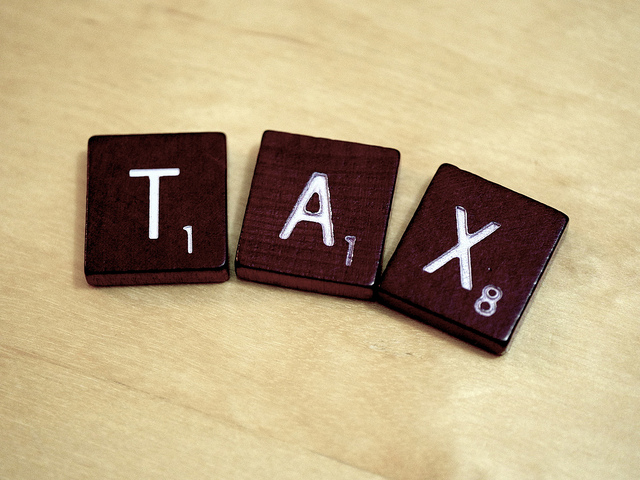Depending on your field, freelancing doesn’t need to have a lot of expenses. All you really need is a computer, internet access, and plenty of coffee. One cost you can’t avoid as a freelancer, though, are your tax bills. Unlike typical W-2 employees, freelancers have to pay quarterly taxes at a rate of just over 15%, and that’s a big bill, especially if you’re not being paid on a regular basis. This leads many freelancers to fall behind on their taxes.
If you’re a freelance or contract writer, watch out for these 5 oversights and mistakes that tend to put writers behind on their taxes. By learning from others’ mistakes, you can avoid falling behind on your tax payments too.
Split Your Accounts
Even if you’re not operating your freelance business as an LLC, one way that you can keep track of your expenses is by splitting up your money into separate bank accounts. In one of those accounts, place a percentage of your pay from every assignment – ideally that magic 15% number – so that you know it’s there when your tax bill comes due. Like a savings account, you need to protect that fund and if your business grows you can also use that account to set aside money for other expenses.
Focus On Your Quarterlies
One of the worst mistakes that freelancers make when it comes to handling their taxes is failing to pay their quarterly taxes. Quarterlies are due throughout the year and while paying them may feel stressful, it will only be worse if you wait until your annual income taxes are due.
Self-employment tax bills grow quickly, so pay your quarterly taxes to avoid an end of year disaster. If you’re struggling to pay your quarterlies, you can also ask the IRS about setting up a short-term payment plan so that you can pay them a little bit at a time.
Calculate Your Losses
There’s a basic rate for self-employment taxes, but that doesn’t mean you should actually be paying the whole thing. In fact, there are plenty of ways to lower your freelance taxes. To this end, one important step you should take is to run a profit-and-loss (P&L) analysis. A lot of freelancers skip this step, but remember, you only owe taxes on your income, not on your gross revenue. If you’re paying taxes on your gross revenue, you’re paying too much.
Check Your Deductions
To some extent, deductions fall under the heading of P&L, but as a freelancer, you need to be intentional about noting your expenses and deductions – and to do this, you need to keep clear records. Pay attention to your expenditures and think carefully about how different costs might shape your career. Did that class make you a better candidate for jobs? Did you write about a trip you took? Deduct them! You’re sitting on numerous deductions and if you’re not taking them on your taxes, you’re overpaying and increasing your debt load.
Get Help
Finally, if you’re not sure about any part of your taxes, don’t be afraid to call in the professionals. In fact, freelancers should typically work with an accountant on their taxes because they can be so much more complex than traditional taxes. Yes, it’s an additional expense, but you’re spending a penny to save a pound, as the old saying goes.
You’re less likely to wind up in debt and behind on your taxes if you have the support of a good accountant. They want to save you money and will help you develop a financial strategy that serves you.


Leave a Reply